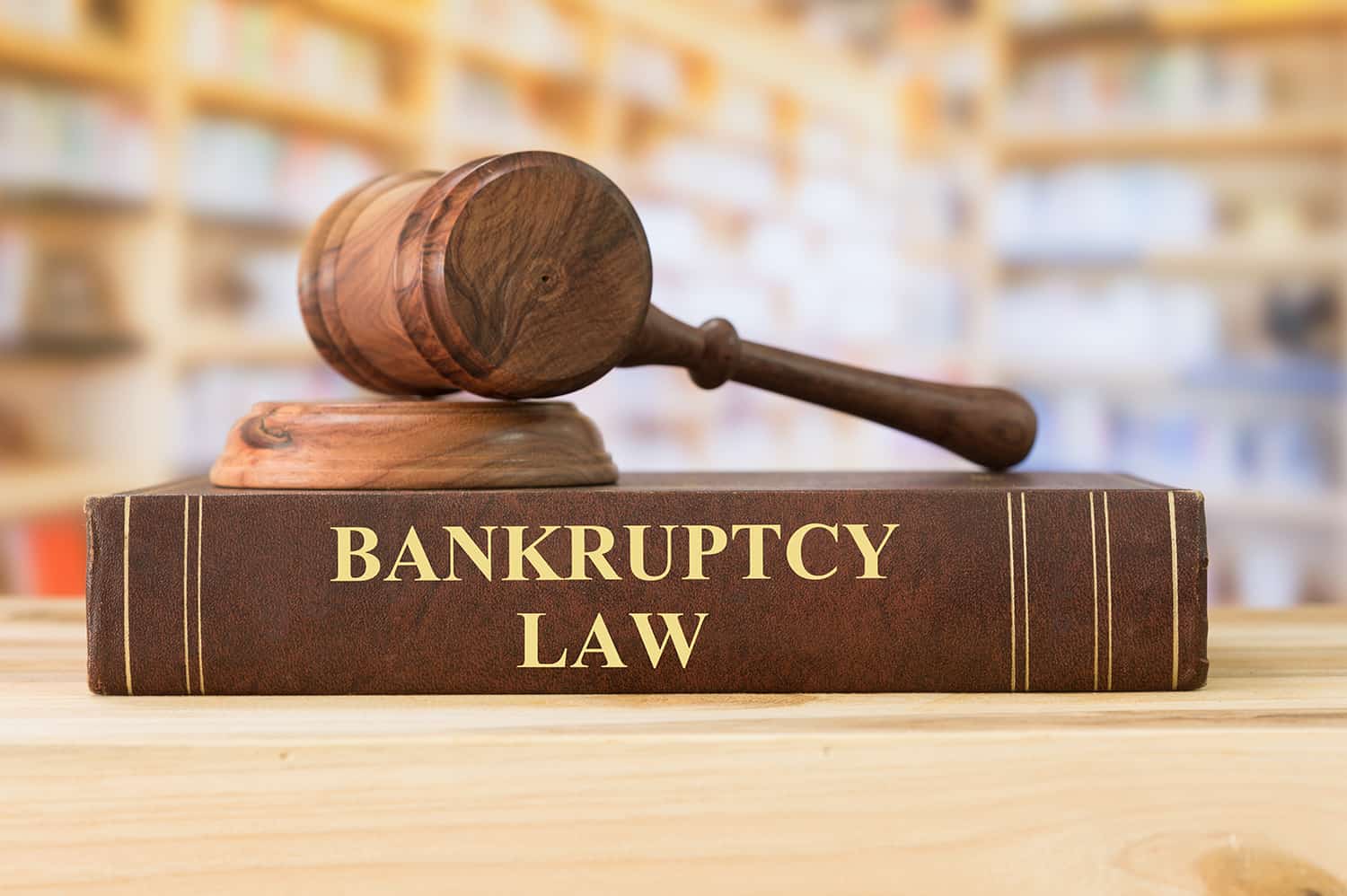When someone mentions bankruptcy fraud, it’s easy to think of sleazy financial moguls stashing away hordes of money in off-shore accounts while withholding from their creditors. In reality, however, ordinary working people trying to get their financial lives back in order may either knowingly or accidentally fall into the bankruptcy fraud trap.
Defining Bankruptcy Fraud
In simple terms, bankruptcy fraud makes it appear you have less money or fewer assets than you actually possess. Carrying out this deception can involve complex strategies and devious manipulations. It may also merely result from a forgetful or ignorant debtor who fails to list an item on the bankruptcy form.
In legal terms, this is called concealment of property or fraudulent transfer of property. Although concealing property may sound like burying valuables in the backyard or hiding sterling silver in the attic, it may encompass many forms of deceit.
In order to prosecute a bankruptcy debtor for committing fraud by concealing property, the government must prove three essential components:
- A bankruptcy petition is in effect.
- The petitioner purposely concealed or transferred assets.
- The concealed property belongs to the bankruptcy estate.
It’s important to note the debtor needs to list all possible assets even if it hasn’t been determined whether a particular item is part of the bankruptcy estate. Although the court may ultimately exempt the asset from the estate, the debtor could still be prosecuted for failing to list it.
Reviewing Examples of Bankruptcy Fraud
Before listing illustrations of property concealment or illegal transfers, it’s worth mentioning that bankruptcy trustees and judges have seen it all. The trustee may search public records, bank statements, credit card records and tax returns. Since these officials handle bankruptcy matters on a daily basis, they can usually ferret out attempts at fraud:
- Failing to list future payments, such as tax refunds, lawsuit proceeds or an inheritance
- Depositing funds from the debtor’s bank account into the account of a relative or friend
- Removing the debtor’s name from a business or joint bank account
- Transferring a vehicle title or property deed to another person’s name
Understanding Reasons for Bankruptcy Fraud
Debtors may attempt to conceal assets for any number of motives. Depending on the type of bankruptcy filing, a petitioner might need to meet a limit in the dollar amount of assets owned to qualify for a discharge of debts. A debtor may be tempted to conceal several assets to meet this financial threshold.
Outside of several exemptions, all assets of value become part of the bankruptcy estate used to pay creditors. Unfortunately, this often includes some irreplaceable items and objects of sentimental value. It can be difficult to part with a relative’s jewelry or a family vacation property. This may cause a debtor to conceal an asset for emotional reasons rather than financial gain.
Reaping the Results of Bankruptcy Fraud
Under the federal bankruptcy code, penalties for concealing assets are clear and severe. They include both immediate and future consequences:
- Any illegal transfer is revoked, which affects not only the debtor but also other parties.
- Debts will no longer be wiped out by the bankruptcy process.
- If debts have already been discharged, the trustee can cancel this action.
- In Chapter 7 bankruptcy, assets must still be turned over for distribution to creditors.
- Any remaining debts cannot be discharged in a future bankruptcy.
- The debtor may receive a fine, jail sentence or both.
Avoiding Allegations of Bankruptcy Fraud
Obviously, you don’t want to even think about concealing assets if you file a petition for bankruptcy. Don’t rush when filling out bankruptcy forms and make sure to include all possible assets, including those owed to you that you may not currently have in hand. If you have any doubts about whether an asset is part of the bankruptcy estate, be sure to list it anyway.
Perhaps the most important step is to contact an expert in bankruptcy law. The Law Offices of Brent D. George are happy to provide a free consultation to discuss legal options for protecting assets and fully complying with federal bankruptcy laws.







